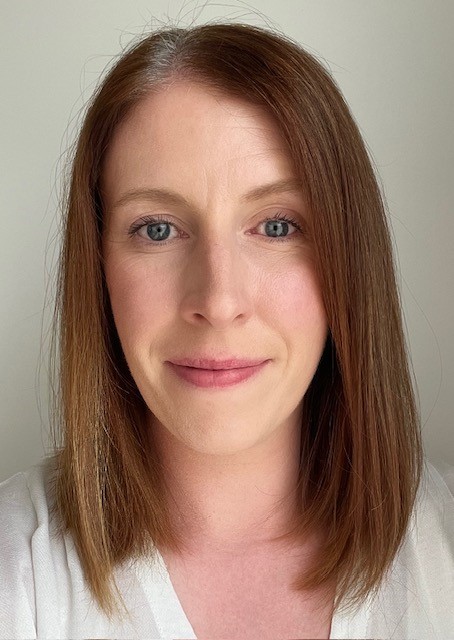The Capital and Coast Orthopaedic Physiotherapy Triage Team: Wesley Lagolago, Sarah Creasy, Sarah Francis and Ryan Rodger
In a ground-breaking initiative, a Capital and Coast pilot musculoskeletal orthopaedic program is reshaping orthopaedic care, reducing waiting times and transforming the traditional patient pathway. Led by expert orthopaedic physiotherapist Sarah Francis, the program allows orthopaedic physiotherapists to assess patients initially, resulting in a 75% reduction in treatment waiting times.
One shining example of the program's success is Lynn Downes, a spirited 73-year-old who, despite initial scepticism, found relief for her hip pain through non-surgical intervention. Lynn's journey began with a right hip replacement in 2021, and when her left side began acting up a year later, she feared another surgery might be on the horizon. However, the pilot's innovative approach, where physiotherapists assess patients first, offered her a new path.
Read more about Lynn’s journey in The Post.
Traditionally, patients faced a lengthy wait for orthopaedic treatment. The conventional process involved a direct referral to an orthopaedic surgeon, causing delays and frustrations. The Capital and Coast pilot, however, introduced a game-changing method allowing orthopaedic physiotherapists to take the lead in the initial assessment, resulting in a dramatic reduction in waiting times.
The success of the program lies in its patient-centric approach, emphasizing non-surgical care whenever possible. Talking to The Post, Sarah Francis highlighted that not every patient's first assessment needs to be done by a surgeon.

Sarah Francis, Expert Orthopaedic Physiotherapist
“Part of this project is about making sure people get non-surgical care earlier. The sooner we intervene for people with, particularly conditions like osteoarthritis, we can prevent progression to joint replacement,”
The initiative has seen more than 600 patients benefit from the program since September 2022 at Wellington Regional Hospital, Kenepuru Hospital and Kāpiti Health Centre.
The results speak for themselves — 86% of patients express confidence in this new assessment approach, with fewer than 5% needing further referrals after one year.
In Capital and Coast, patients are now waiting an average of 40 days for an initial spinal assessment, rather than 180 days in December 2019. Hip or knee complaints were being assessed in about 45 days, rather than 165 days in August 2021.
Chantalle Corbett, Group Manager – Community, Allied Health and Older Adults was full of praise for the pilot, and excited for how it can change the system around Aotearoa in the future.
“Initiatives such as these enable all parts of our system to thrive, it enables patients to be seen sooner, physiotherapists to work to the top of their scope, and surgeons to have more time to provide their expertise where it is needed and of course to operate.
Due to the positive results of this pilot, this initiative has been endorsed to roll- out nationally as each district is ready. The key success factor in these pilots is the willingness for the teams to work differently than the traditional model – both the physiotherapy and the orthopaedic teams; but also the availability of skilled workforce to ensure we deliver a quality service for our people.”
In a sneak peek into the upcoming Physio Matters clinical commentary co-authored by Sarah Francis and Catherine Willis (Physiotherapist, Te Whatu Ora – Bay of Plenty), the article emphasizes the transformative potential of interdisciplinary practices. With medical professionals experiencing shortages across many disciplines, physiotherapists emerge as an agile and responsive workforce capable of adding substantial value to patient care. The commentary encourages a shift from a top-down model of care to one that prioritizes collaborative and innovative interdisciplinary practices.
The article, which will feature in the February issue of Physio Matters, showcases the full potential of Allied Health Professionals in a modern health landscape fully integrated with medical and nursing workforce, providing care fit for purpose for the people of Aotearoa.
The Wellington pilot musculoskeletal orthopaedic program is reshaping orthopaedic care, offering patients timely assessments, personalized treatment plans, and a proactive approach to non-surgical care. As the program continues to make strides, it stands as a beacon of innovation and collaboration, transforming the healthcare landscape for the better.

